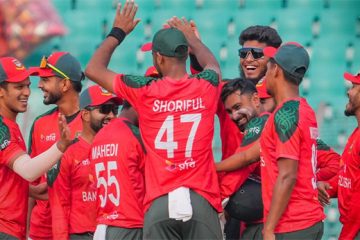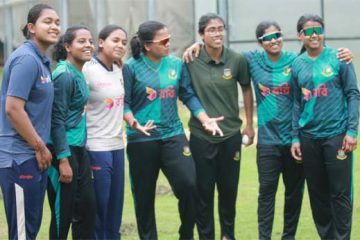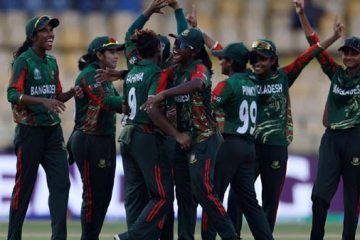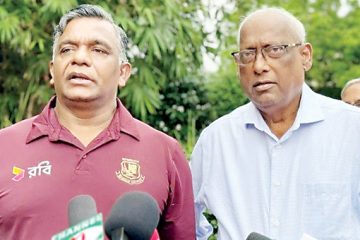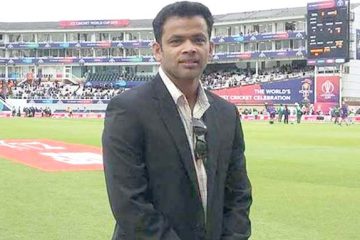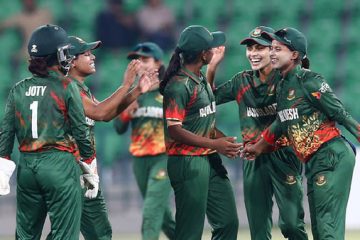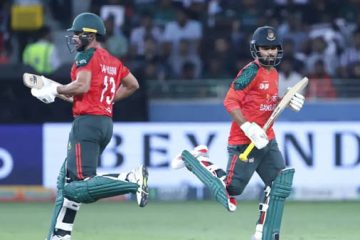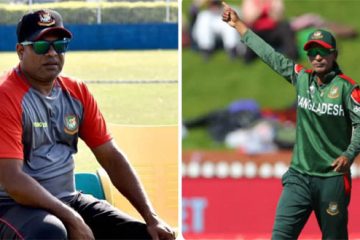No meaningful change made in 2012 constitution
The Bangladesh Cricket B
oard on Monday all but retained its controversial 2012 constitution in its much-talked about Annual General Meeting, held at a city hotel.
Attended by 133 councillors in its first AGM in more than four years, the BCB brought only change to its 2012 constitution as it reduced the number of representatives of National Sports Council in its board of directors to two from existing three.
The NSC had brought certain amendments to the BCB in 2012, suggesting among others that the BCB president should be elected by the Board of Directors instead of general councillors.
It also abolished the senior vice-president post and suggested that each Super League club of the Dhaka Premier League should have two councillors instead of one.
In another controversial move, the NSC also relaxed a clause about the councillorship of district and divisional organisations.
In the past it was mandatory for a councillor to be an executive body member of his respective district and divisional sports organisation, but with the NSC-amendment anyone got the rights to become councillor from any district.
Independent analysts had said that this gave political figures an advantage as they can use their party positions to earn a councillorship from whatever district they choose.
The High Court in verdict on January 27, 2013 declared the amendments illegal after they were challenged by two cricket organisers.
A three-member Supreme Court bench, headed by chief justice SK Sinha, upheld the High Court verdict, saying that National Sports Council had no rights to amend BCB’s constitution.
The apex court handed the BCB the sole authority to amend its own constitution, but the board ironically took no move to abolish the controversial provisions despite having opportunity.
‘It’s almost the same constitution, which we had in 2012,’ BCB president Nazmul Hasan told reporters after the AGM.
‘The court asked us to reduce the authority of NSC, though we don’t have any conflict with them. There had been no such conflict which was creating problem in our activities. Still, NSC had three quotas, we reduced one.’
The BCB also failed to set up a clear guideline for its own election in the amended constitution of 2017.
‘There is guideline in our constitution on whether we will continue in office [after the expiry of tenure] or there will be an extension or an ad hock committee will come. NSC can help us in this regard. If they want to help us they can do it,’ said Nazmul.
The tenure of BCB’s present Board of Directors will expire on October 13.
-With New Age input


